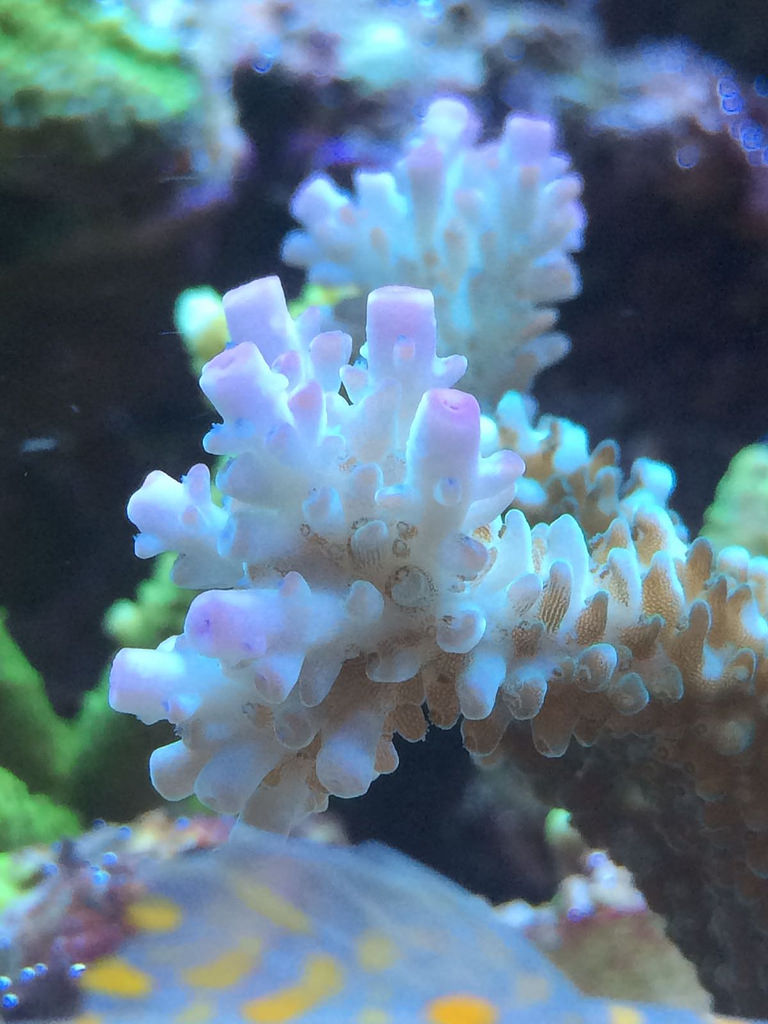Every day brings something new. Colours are getting better and better without skimmer, how is this possible???Well, it is possible biology does the trick.
 Untitled by Jacek Kowalski, on Flickr
Untitled by Jacek Kowalski, on Flickr
 Untitled by Jacek Kowalski, on Flickr
Untitled by Jacek Kowalski, on Flickr
Last edited:

















